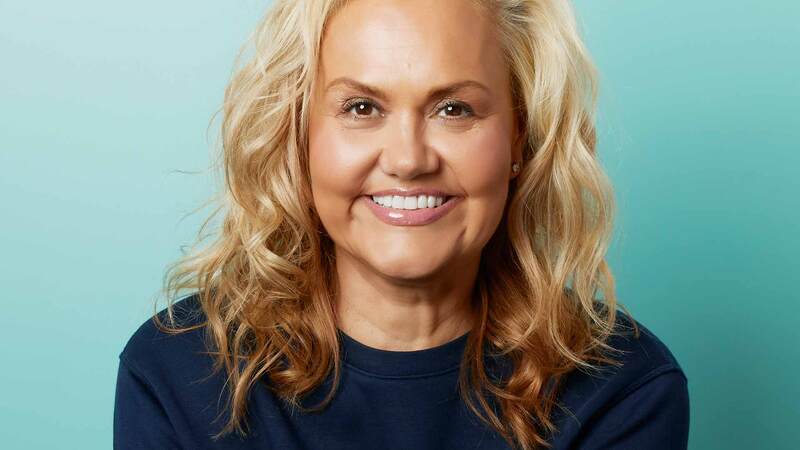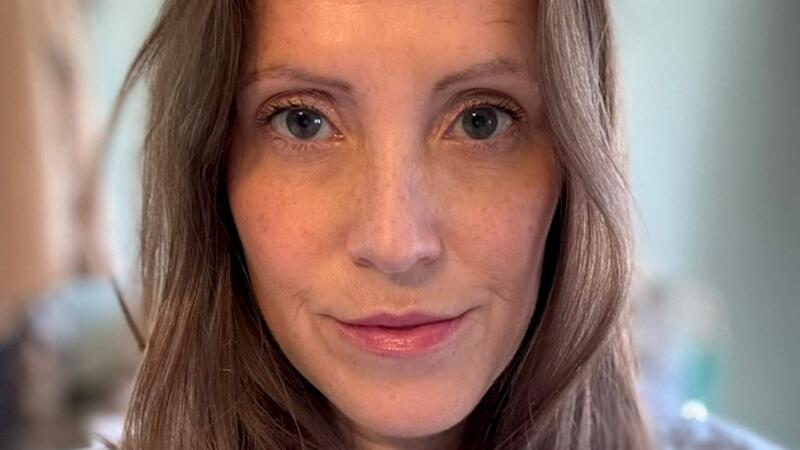You are viewing your 1 free article this month. Login to read more articles.
Beatty, Levy, Burnet, Moshfegh, Szalay, Thien shortlisted for Man Booker
Paul Beatty, Deborah Levy, Graeme Macrae Burnet, Ottessa Moshfegh, David Szalay and Madeleine Thien have been shortlisted for this year's Man Booker Prize.
Hot Milk (Hamish Hamilton) by Deborah Levy explores the relationship between mother and daughter, as its young student protagonist travels to Spain to seek a cure to help her hypochondriac mother to walk again. It is one of three Penguin Random House titles on the shortlist, the others being Ottessa Moshfegh's "creepily funny" debut novel Eileen (Jonathan Cape) and David Szalay's All That Man Is (also Cape).
Meanwhile indies are also strong on the shortlist. Independent Oneworld, which last year celebrated the success of debut Jamaican author Marlon James' A Brief History of Seven Killings, remains in the running, shortlisted for US-author Paul Beatty's biting satire The Sellout, set in Los Angeles, about a character that grows artisanal marijuana and watermelons.
Other indies shortlisted are Contraband for Scottish author Graeme Macrae Burnet's second novel His Bloody Project, an historical crime novel about a triple murder a crofting village in 1860s Wester Ross; and Granta's Do Not Say We Have Nothing by Canadian Madeleine Thien, about a 10-year-old girl and her mother who invite a Chinese refugee into their home.
In a year when doubts were raised once again about the advisability of admitting US authors to the prize, just two of the shortlisted six are American: Beatty and Moshfegh.
The most notable omission from the shortlist is J M Coetzee, whose The Schooldays of Jesus (Harvill Secker) had raised the possibility of a third Man Booker win for him when it was included on the longlist for the prize.
Chris White, fiction buyer at Waterstones, commented: "The judges have certainly set out to surprise me this year. Having left off established names such as McEwan, Barnes, Tremain and Swift from the longlist, the shortlist is now without the two titles I thought shoo-ins: The North Water and My Name is Lucy Barton. Having said that, it is - as the longlist was - an intriguing and refreshing list which will introduce thousands of new readers to some remarkable works of fiction. If I were to pick a winner I would say it will be between Levy and Szalay but then I'm almost always wrong."
Frances Gertler, head of web content at Foyles, commented: "The recent Man Booker trend towards new faces continues with this excitingly wide-open shortlist, with Deborah Levy the only well-known author left. Burnet's historical crime thriller His Bloody Project, would be a popular and accessible win for a genre that is often overlooked for this prize. Thien's sweeping intergenerational account of China's cultural revolution, Do Not Say We Have Nothing, has an impressive depth and breadth, but the time might just be right for David Szalay's thoughtful portrait of masculinity."
The six-strong shortlist was announced at the headquarters of sponsors Man Group plc by 2016 chair of the judges Amanda Foreman. Foreman was joined on the judging panel by critic Jon Day, University of Kent professor Abdulrazak Gurnah, poet David Harsent and actor Olivia Williams.
Foreman said: "The Man Booker Prize subjects novels to a level of scrutiny that few books can survive. In re-reading our incredibly diverse and challenging longlist, it was both agonizing and exhilarating to be confronted by the sheer power of the writing. As a group we were excited by the willingness of so many authors to take risks with language and form. The final six reflect the centrality of the novel in modern culture – in its ability to champion the unconventional, to explore the unfamiliar, and to tackle difficult subjects".
She added: "[Experimentation] is one of our criteria, as is being innovative, being bold, courageous, a willingness to take risks, and being novel within the novel. That is what really excited us [about this shortlist]. It shows the art form isn't nostalgic, it's not being held back by some vision of what it used to be. For something like literary fiction to be alive and vigorous and healthy it needs to be continually reinventing itself and pushing those boundaries. And this is what we see in 2016."
Each shortlisted author will receive £2,500.
The winner of the £50,000 prize will be announced on 25th October.

















